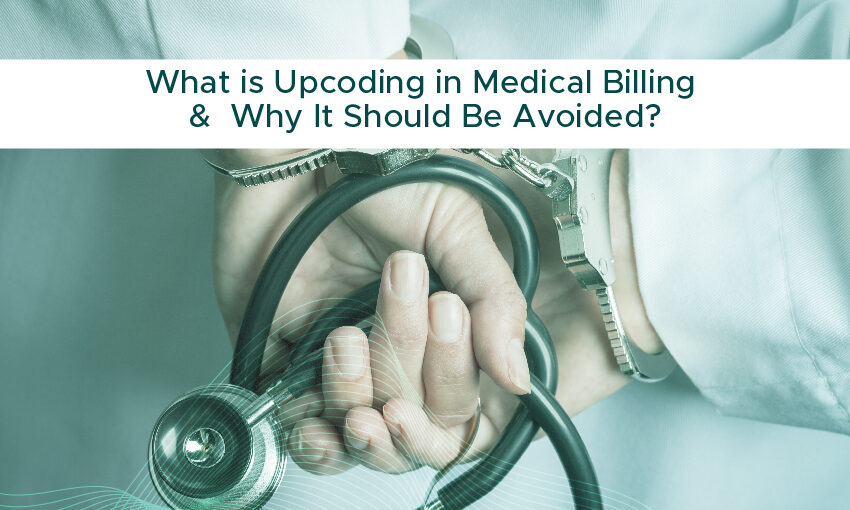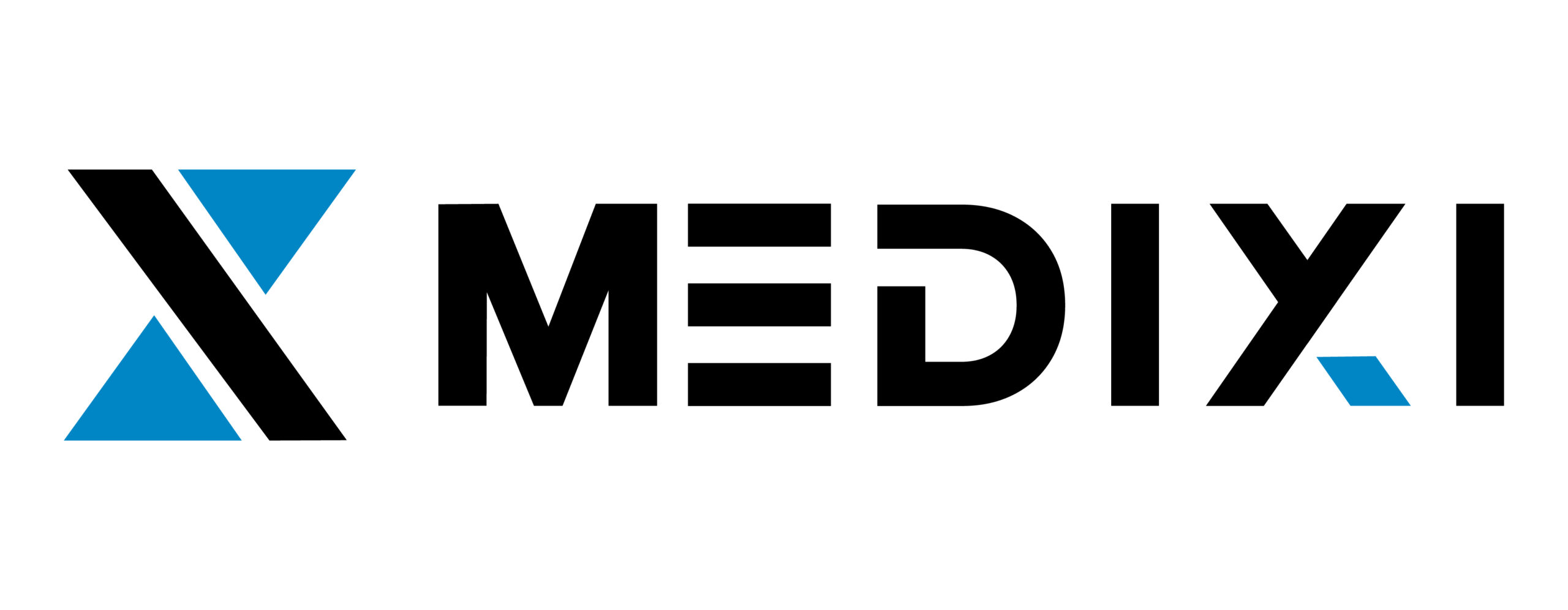
- September 9, 2023
- Developers
- 0 Comments
- Social Media
What is Upcoding in Medical Billing & Why It Should Be Avoided?
Medical billing is an essential component of the healthcare system, ensuring that healthcare providers are appropriately compensated for their services. However, within this complex framework lies the unethical practice of upcoding, a deceptive strategy that can have far-reaching consequences for patients, providers, and the healthcare industry as a whole. In this blog post, we’ll explore what upcoding is, its implications, and why it should be steadfastly avoided.
Understanding Upcoding:
Upcoding refers to the practice of assigning a higher billing code to a medical service or procedure than what was actually performed or warranted. Billing codes are used to represent the complexity and severity of a patient’s condition, as well as the services provided. Upcoding typically involves using a code that results in higher reimbursement rates, leading to financial gain for the healthcare provider. This practice distorts the true nature of the medical services rendered and can ultimately compromise patient care.
Implications and Consequences:
- Financial Impact: Upcoding can lead to inflated medical bills for patients and their insurance companies. This not only strains the resources of patients but also contributes to escalating healthcare costs across the board.
- Quality of Care: Upcoding can incentivize providers to choose more lucrative procedures over necessary ones, potentially compromising the quality of care. This emphasis on financial gain may detract from the primary focus of delivering the best medical outcomes.
- Ethical Concerns: At its core, upcoding is a breach of ethical standards in healthcare. It undermines the trust patients place in their healthcare providers and tarnishes the reputation of the medical profession.
- Legal Repercussions: Upcoding is considered fraudulent behavior and is subject to legal action. If exposed, healthcare providers and facilities can face substantial fines and penalties.
Why Upcoding Should Be Avoided:
- Patient-Centric Care: The foremost duty of healthcare providers is to ensure the well-being of their patients. Upcoding contradicts this principle, potentially leading to unnecessary procedures and inadequate treatment plans.
- Integrity and Reputation: Building and maintaining a solid reputation in the medical field is essential. Engaging in upcoding erodes the trust patients place in healthcare professionals and institutions, damaging their credibility.
- Sustainable Healthcare System: A fair and transparent healthcare system is crucial for the industry’s sustainability. Upcoding contributes to rising healthcare costs, making it harder for individuals and insurers to afford necessary medical services.
- Legal and Financial Consequences: The legal and financial repercussions of upcoding can be severe, damaging both personal and institutional finances, and leading to potential license revocation or exclusion from government healthcare programs.
In conclusion, upcoding is a detrimental practice that compromises patient care, distorts billing accuracy, and erodes trust within the healthcare system. To uphold the values of integrity, transparency, and patient-centric care, healthcare providers and institutions must steadfastly avoid upcoding. By doing so, they contribute to a more equitable and trustworthy healthcare landscape, ensuring that patients receive the appropriate care they deserve.
